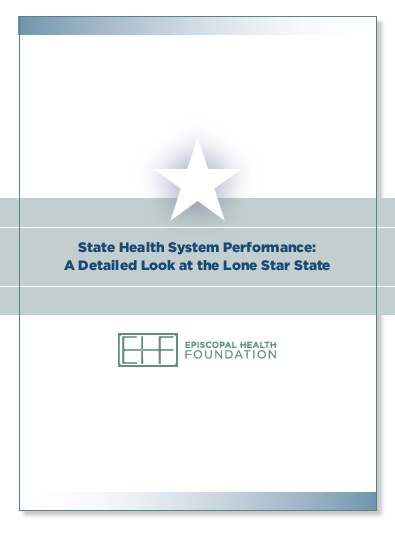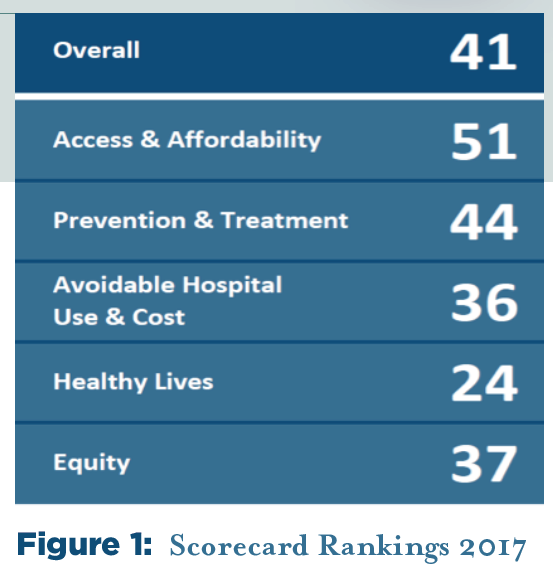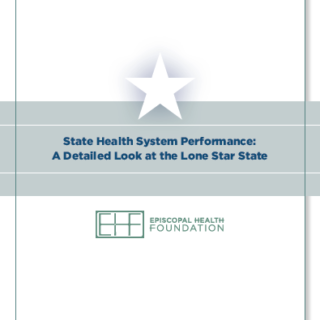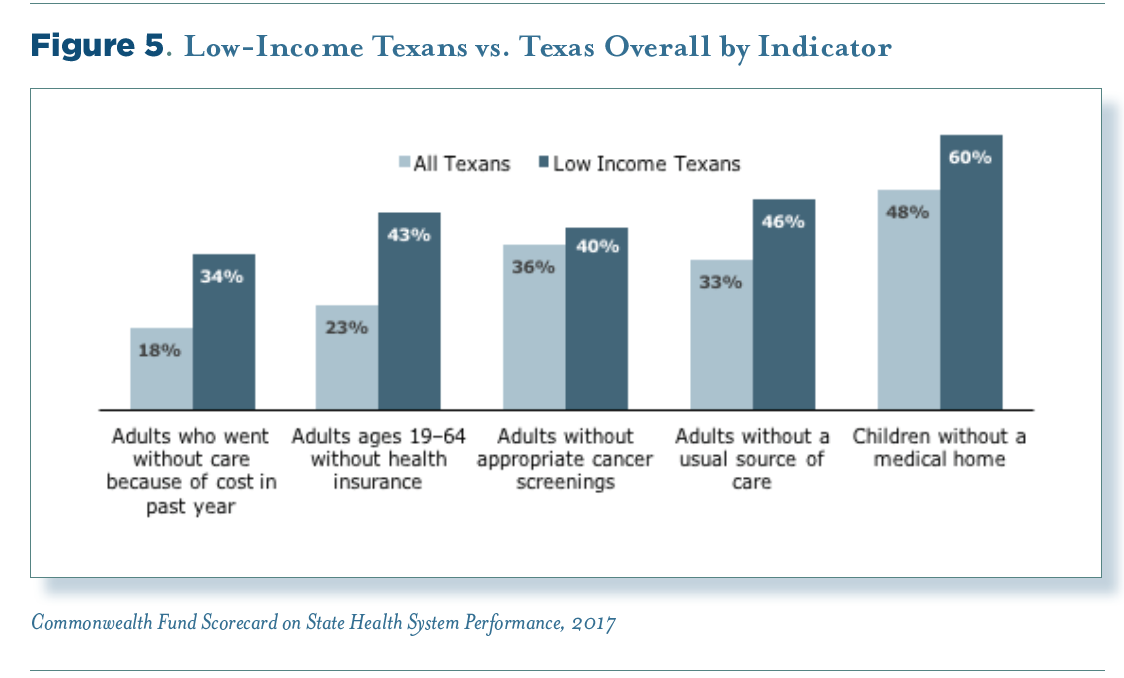 The state’s rock-bottom ranking in access and affordability is likely due to the state’s high number and percentage of uninsured residents. The Scorecard found 23% of adult Texans and 10% of children across the state don’t have health insurance. That’s almost twice the national average for both. In addition, the Scorecard found a higher percentage of Texans were more likely to go without care and say they had high out-of-pocket medical costs than the national average.
The state’s rock-bottom ranking in access and affordability is likely due to the state’s high number and percentage of uninsured residents. The Scorecard found 23% of adult Texans and 10% of children across the state don’t have health insurance. That’s almost twice the national average for both. In addition, the Scorecard found a higher percentage of Texans were more likely to go without care and say they had high out-of-pocket medical costs than the national average.

“As lawmakers continue to debate the future of the ACA, it’s clear that concrete policy measures need to be developed to increase health coverage for both children and adults in Texas,” said Shao-Chee Sim, EHF’s VP for applied research. “To improve the health of Texans, we need to work together to develop solutions that target improving access to preventive and primary care services and address other factors that shape community health outcomes.”
The Scorecard ranks states on more than 40 measures of health system performance. Overall, researchers say fewer people in every state lacked health insurance since the ACA was implemented. The Scorecard found states that expanded Medicaid saw even greater gains in access to care. Texas did not expand Medicaid under the ACA and has more restrictive Medicaid eligibility standards compared to other states.
The Scorecard estimates that if Texas improved to the level of the best-performing state for access, 4 million more adult Texans would have a usual source for healthcare, 1.5 million more Texans would receive recommended cancer screenings and there would be 105,000 fewer visits to the emergency room for non-emergency care.
Along with large differences in health access and coverage between Texas and other states, the Scorecard found significant gaps exist between different populations within the state.
Almost one in four adult Texans don’t have health insurance, but almost half of low-income adults were uninsured. Sixty percent of low-income children don’t have a medical home compared to 48% for all Texas children. Low-income adults were more likely to skip care because of costs, not receive appropriate cancer screenings, and not have a regular source of medical care compared to the state’s average.
The Scorecard found Hispanics in Texas are also more likely to face barriers to accessing healthcare. Hispanic adults are more likely to be uninsured, skip treatment because of cost and not receive cancer screenings compared to the state’s average.
“This information highlights the challenges within the Texas health system that should help inform the discussion about healthcare reform,” Sim said. “It’s the kind of information that should be used to inform policy and set budget priorities at both the federal and state levels.”

